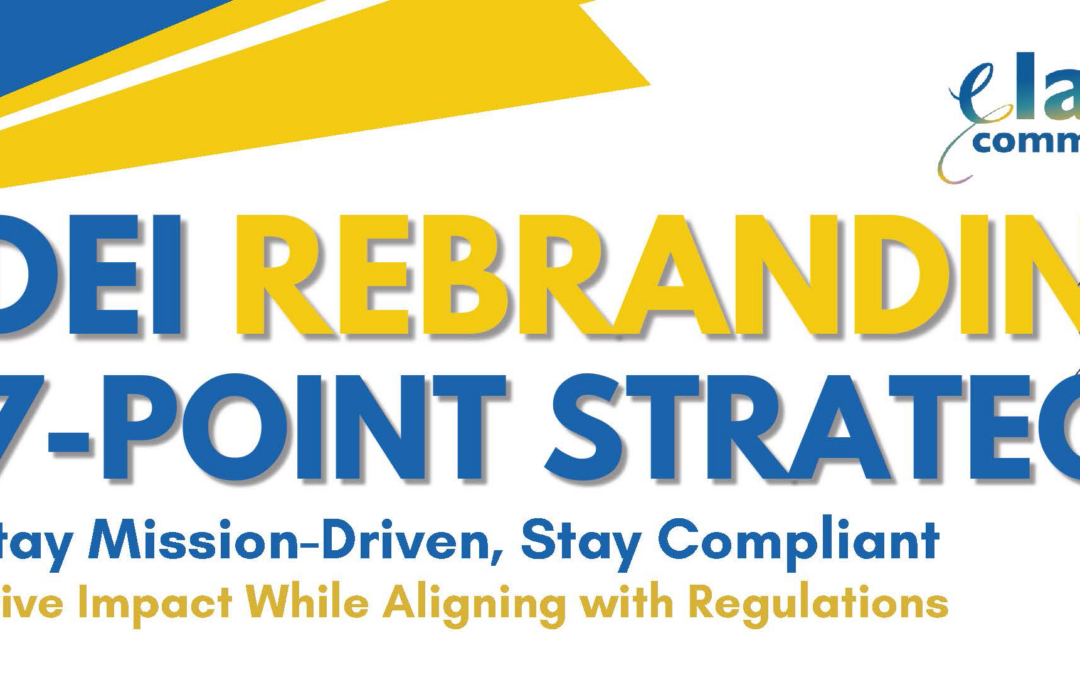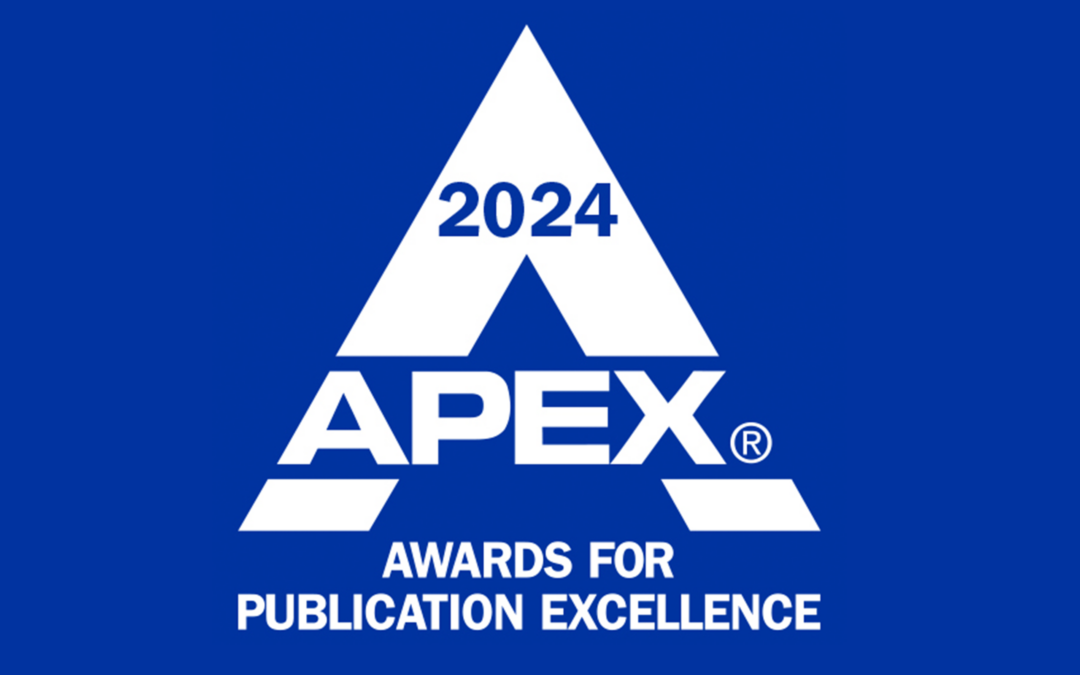Accessibility is defined as the quality of being easy to approach, reach, enter, speak with, use, or understand. Accessibility in communications ensures that all individuals, regardless of their abilities or disabilities, can understand and engage effectively. Content accessibility involves making digital and written materials usable and understandable by everyone.
Accessibility is a critical element of inclusive communications. It helps foster a more inclusive and equitable society, and businesses achieve their legal, ethical, and social responsibilities. Accessibility is also a key component of Elation Communications’ Inclusive Communications Framework. Inclusive communications removes barriers to participation and ensures that everyone can access and understand the message. Accessible communications materials provide alternative formats, including digital content that is screen-reader compatible and meets accessibility standards. For example, audio descriptions, transcripts, or text-to-speech options for digital content make communications materials accessible to all individuals.
Many countries have laws and regulations requiring accessible communications. The Americans with Disabilities Act (ADA) in the U.S., the Equality Act in the U.K., and the European Accessibility Act require legal compliance for accessible communications. In fact, the World Wide Web Consortium (W3C) developed the Web Content Accessibility Guidelines (WCAG) to make web content more accessible to a wider audience, including people with disabilities, thereby improving usability and compliance with legal requirements. The guidelines highlight four principles: that content must be perceivable, operable, understandable, and robust.
Following these guidelines not only helps businesses avoid legal repercussions but also improves the user experience for customers, promotes equal opportunity, and drives innovation, leading to new solutions and technologies that benefit everyone.
Effective strategies to enhance accessibility in communications include:
- Plain Language — Avoid jargon, technical terms, and complex sentences.
- Alternative Formats — Provide information in various formats, such as Braille, large print, audio, and digital text that can be used with screen readers.
- Visual Supports — Use images, symbols, diagrams, and videos to complement text and verbal communication, aiding understanding for those with cognitive or learning disabilities.
- Captioning and Transcripts — Include captions for videos and provide transcripts for audio content to support individuals who are deaf or hard of hearing.
- Sign Language Interpretation — Offer sign language interpreters for live events, meetings, and videos to accommodate those who use sign language.
- Interactive Elements — Ensure that websites and digital platforms are navigable using keyboards and are compatible with assistive technologies.
- Consistent Layouts — Maintain a consistent and predictable layout in documents and on websites to reduce cognitive load and improve usability.
- Color and Contrast — Use high-contrast colors and avoid relying solely on color to convey information, which helps individuals with visual impairments or color blindness.
- Feedback Mechanisms — Provide multiple ways for users to give feedback or ask for help, such as email, phone, chat, and in-person options.
- Training and Awareness — Educate staff and communicators on accessibility best practices and the importance of inclusive communication.
By making communications accessible, businesses and organizations can reach a broader audience, including the estimated 1 billion people worldwide who have some form of disability. This can lead to increased engagement, customer satisfaction, and potential market expansion.









